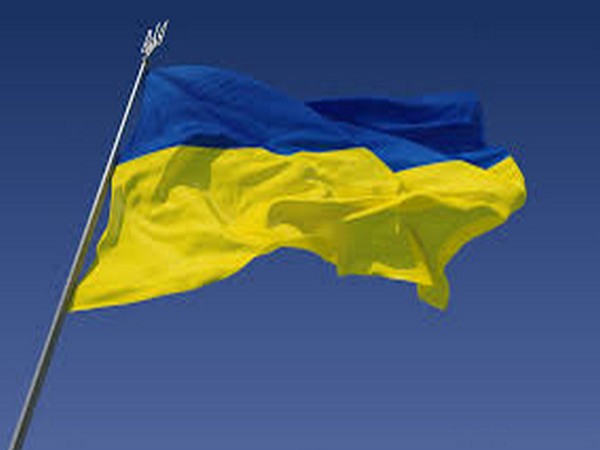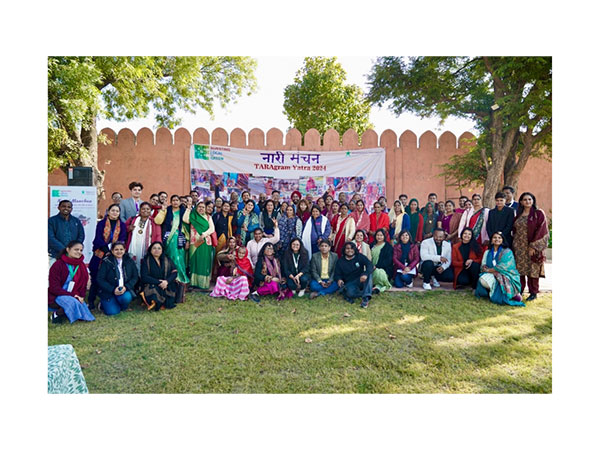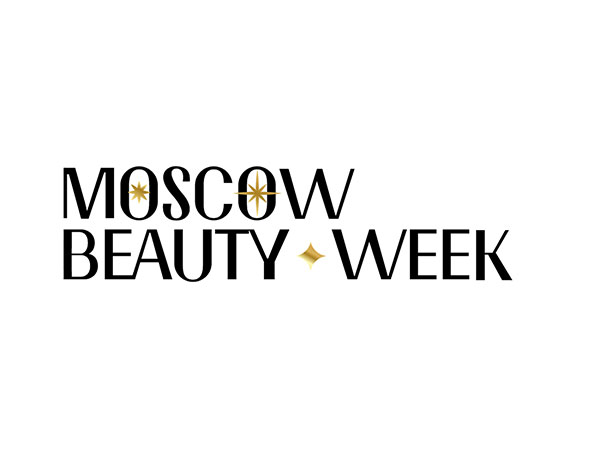
Ukraine drops Russia business blacklist after backlash
Mar 23, 2024
Kyiv [Ukraine], March 23: Ukraine has scrapped its "sponsors of war" blacklist, the centrepiece of its campaign to pressure companies doing business in Russia, the agency in charge said after a backlash from countries from Austria to China.
The end of the blacklist, which has embarrassed around 50 major companies identified as operating in Russia and indirectly helping the Kremlin's war in Ukraine, represents a climbdown by Kyiv as it seeks to maintain fragile international support.
Critics say the name-and-shame campaign was brash and subjective, while backers say it laid bare how industry stayed loyal to Moscow.
It marked the end not only of the list but also saw swathes of information on a related website disappear from view.
B4Ukraine, a coalition of civil society groups, said the demise of the list was disappointing, and that most governments had done little to pressure companies to cut ties to Russia.
Karin Doppelbauer, an Austrian lawmaker with the liberal Neos party, criticised the government in Vienna for exerting pressure over the blacklist.
"The government has to understand that any cosy relationship with Putin is over," she said.
While some companies changed course in their business dealings with Russia as a result of appearing on the list, the majority instead expressed indignation and sometimes used political pressure to get off the blacklist.
The list's ending on Friday coincided with Russia's largest air strike on Ukrainian energy facilities yet.
The missile and drone attack hit a vast dam over the Dnipro river, killed at least five people and left more than a million others without power, forcing Kyiv to seek emergency electricity supplies from Poland, Romania and Slovakia, Kyiv officials said.
Tara Van Ho, Associate Professor of Law and Human Rights at the University of Essex, described the closure as "sad".
"International law recognises that businesses have a responsibility to respect human rights throughout their supply chains, and that includes not financially supporting a state like Russia," she said.
'CHINA, BUT NOT ONLY CHINA'
Getting rid of the list means companies that are not under Western sanctions may face little public pressure to leave Russia.
People familiar with the talks leading to the dismantling of the list said that there had been concerted pressure from countries, angered by the naming of their companies.
"It's China, but not only China," said one person with direct knowledge of the matter, also pointing to pressure from France to remove retailer Auchan and Leroy Merlin, a home improvement and gardening retailer, from the list.
Beijing, a major consumer of Ukrainian grain, demanded in February that Kyiv remove 14 Chinese companies from the list to "eliminate negative impacts".
Although China is seen as an ally of Russia, Kyiv has said it hopes the world's second largest economy will take part in an summit it is organising in the coming months of world leaders to advance President Volodymyr Zelenskiy's vision of peace.
A second source said that Austria, China, France and Hungary had all exerted pressure on Kyiv over the list.
A third person said there had been frustration with Ukraine for singling out companies from countries that supported Kyiv.
The foreign ministries of the four countries did not respond to or declined requests for comment and the sources all requested anonymity because of the sensitivity of the issue.
THREATS AND NEGOTIATIONS
Hungary's relations with Kyiv have long been strained and it has maintained ties with Moscow. While Prime Minister Viktor Orban condemned the Russian invasion, his government refused to send weapons to Ukraine and has repeatedly argued for peace talks.
In 2023, Hungary threatened to block European Union military support for Ukraine and sanctions against Russia unless its bank OTP was taken off the blacklist. It was removed months later.
Austria, which continues to use Russian gas and acts as a hub for Russian money, took a similar stance.
Late last year, its government said it would not agree to European Union sanctions until its Raiffeisen Bank International, the biggest Western bank in Russia, was struck off the blacklist. Raiffeisen was suspended from the list.
The list includes nine U.S. companies and four each from France and Germany.
Source: Fijian Broadcasting Corporation






